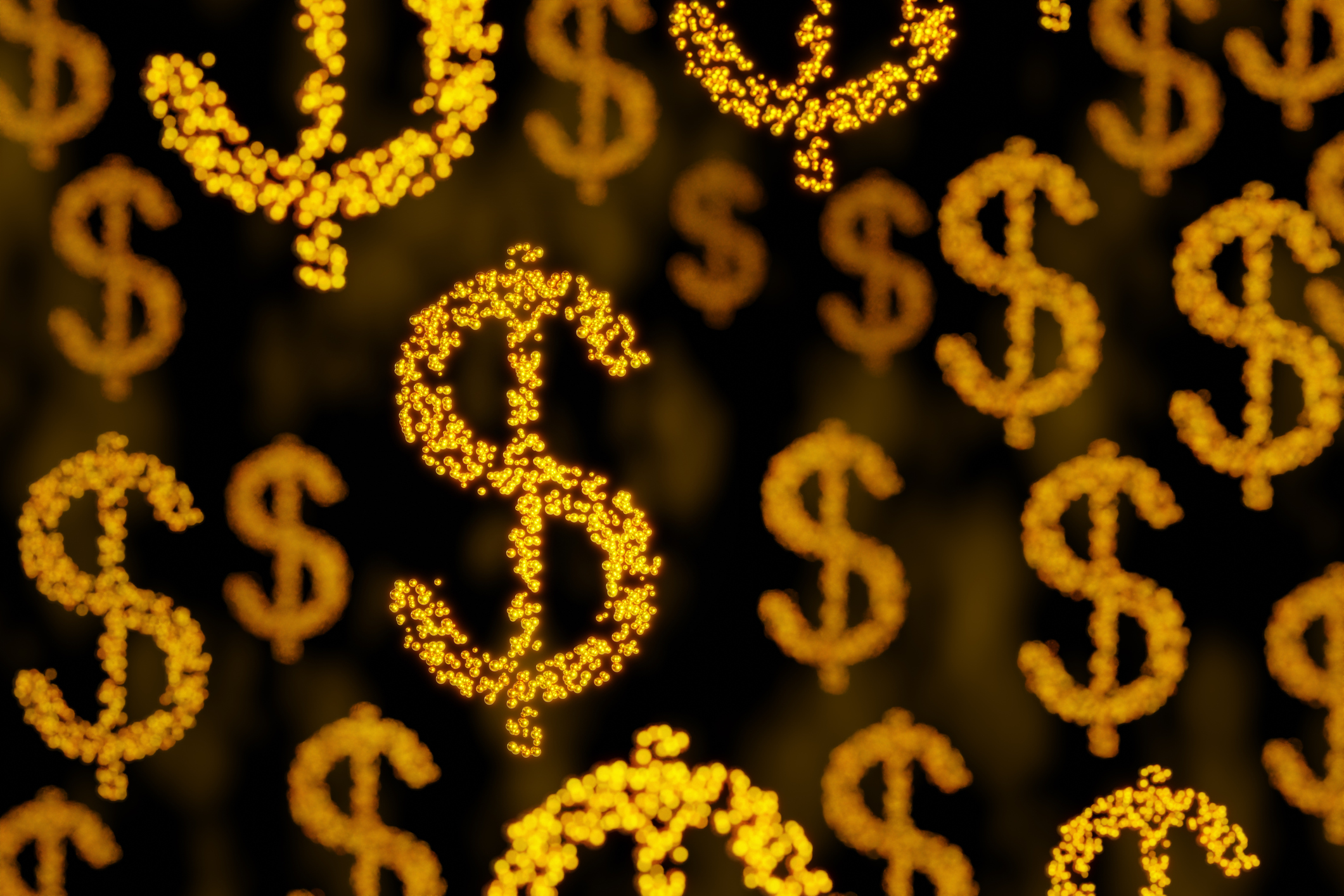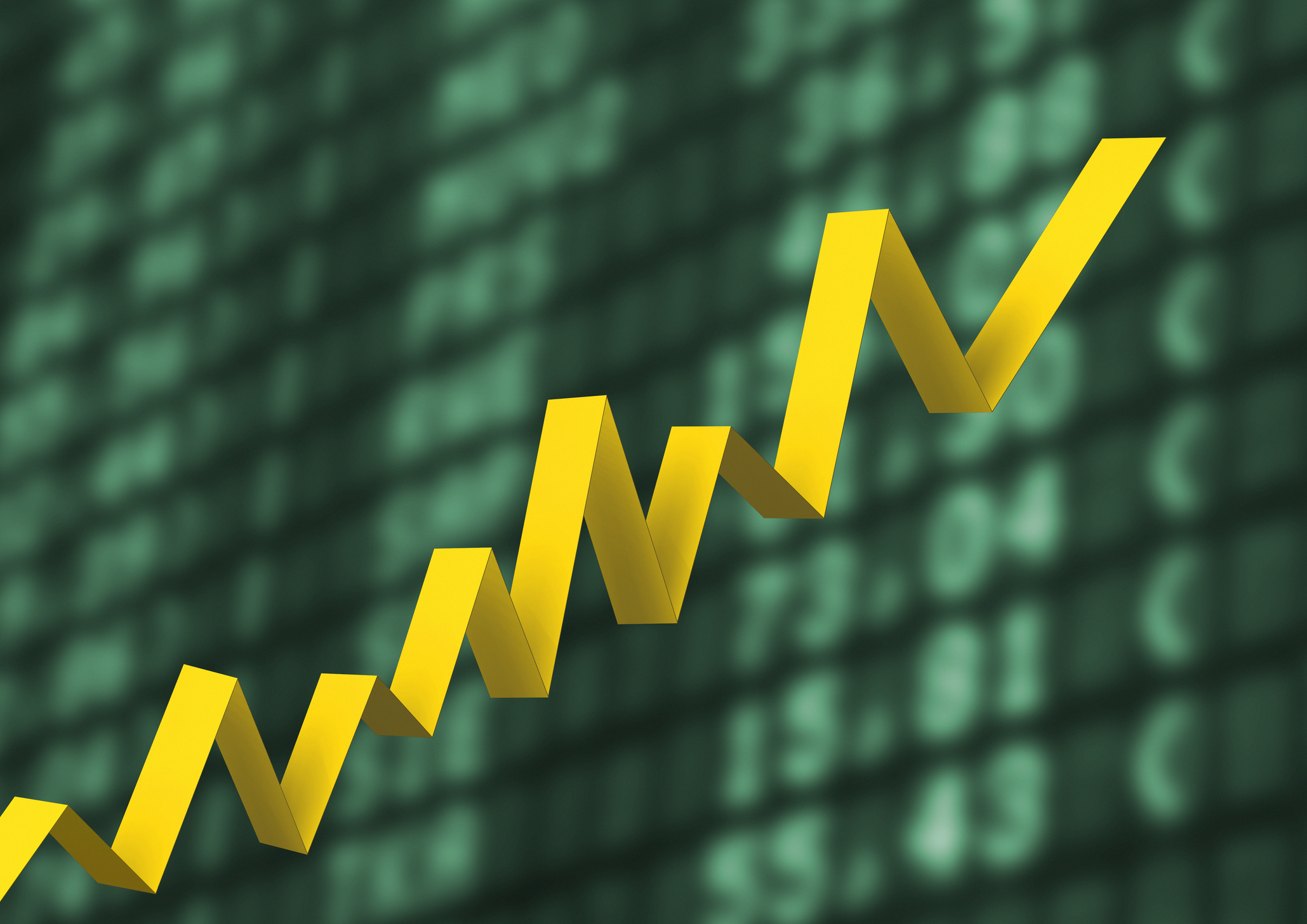Mutual Fund Capital Gains Taxes Could Be a Handful
Investors in actively managed mutual funds could be facing significant capital gains distributions in 2021 ... and thus capital gains taxes.


Profit and prosper with the best of Kiplinger's advice on investing, taxes, retirement, personal finance and much more. Delivered daily. Enter your email in the box and click Sign Me Up.
You are now subscribed
Your newsletter sign-up was successful
Want to add more newsletters?

Delivered daily
Kiplinger Today
Profit and prosper with the best of Kiplinger's advice on investing, taxes, retirement, personal finance and much more delivered daily. Smart money moves start here.

Sent five days a week
Kiplinger A Step Ahead
Get practical help to make better financial decisions in your everyday life, from spending to savings on top deals.

Delivered daily
Kiplinger Closing Bell
Get today's biggest financial and investing headlines delivered to your inbox every day the U.S. stock market is open.

Sent twice a week
Kiplinger Adviser Intel
Financial pros across the country share best practices and fresh tactics to preserve and grow your wealth.

Delivered weekly
Kiplinger Tax Tips
Trim your federal and state tax bills with practical tax-planning and tax-cutting strategies.

Sent twice a week
Kiplinger Retirement Tips
Your twice-a-week guide to planning and enjoying a financially secure and richly rewarding retirement

Sent bimonthly.
Kiplinger Adviser Angle
Insights for advisers, wealth managers and other financial professionals.

Sent twice a week
Kiplinger Investing Weekly
Your twice-a-week roundup of promising stocks, funds, companies and industries you should consider, ones you should avoid, and why.

Sent weekly for six weeks
Kiplinger Invest for Retirement
Your step-by-step six-part series on how to invest for retirement, from devising a successful strategy to exactly which investments to choose.
After years of raging bull market conditions, many Americans will be sitting on large unrealized capital gains in their mutual fund portfolios.
That's a good thing, of course, but those gains do carry significant tax risks. And they are risks you can't necessarily control.
Capital gains taxation on individual stocks is simple and straightforward. If you own shares of Amazon.com (AMZN) or Tesla (TSLA), you will owe no taxes on your gains until you sell. And once you sell, the tax rate you pay on those capital gains will be determined by the length of time you held them and your income bracket.
From just $107.88 $24.99 for Kiplinger Personal Finance
Become a smarter, better informed investor. Subscribe from just $107.88 $24.99, plus get up to 4 Special Issues

Sign up for Kiplinger’s Free Newsletters
Profit and prosper with the best of expert advice on investing, taxes, retirement, personal finance and more - straight to your e-mail.
Profit and prosper with the best of expert advice - straight to your e-mail.
- If the shares have been held for over a year, you will owe taxes at the lower capital gains rate.
- If the shares have been held for a year or less, you owe the short-term rate, which is equal to your marginal tax rate.
Whether you pay taxes at all – and at what rate – is entirely up to you. You can hold the shares until you die, effectively kicking the tax can down the road to your children.
But this is not the case with mutual funds. While you might opt to buy and hold a mutual fund for the rest of your life, the trading decisions made by the manager will determine your tax liability. And that tax liability could be much larger than normal for the 2021 tax year, which you'll file in 2022.
That's because with mutual funds, capital gains flow through.
All About Capital Gains Distributions
Let's say you own those same shares of Amazon or Tesla in a mutual fund. When mutual funds sell stocks that have appreciated in value, and there are no capital losses to offset the gains, they are required to distribute those gains to the shareholders. You then have to pay taxes on the gains, whether you wanted to take them or not.
Capital gains distributions are usually paid out once per calendar year, generally in December.
And here's where it gets nasty.
Let's say you see a mutual fund you love, and you decide to buy shares today. Let's also assume that the mutual fund owned large positions in Amazon and Tesla that were up hundreds of percent after years of fantastic gains. (And remember: You just bought shares today, so you didn't get to participate in those Amazon and Tesla gains on the way up.)
Well, guess what? If the manager sells off some of that appreciated Amazon and Tesla stock the day after you buy shares of the fund, you're getting the capital gains tax distribution, meaning you're paying taxes on gains you never actually earned.
That's a raw deal. But there are some ways to mitigate it.
How to Reduce Mutual Fund Capital Gains Tax Liabilities
To start, to the extent you can, hold any and all mutual funds in an IRA, 401(k) or other tax-deferred account. Your capital gains distributions would have absolutely no consequences in that situation.
But let's say that's not an option. Or let's say you have extra cash to invest above and beyond what is available in your retirement accounts. You still have options.
Try to buy index mutual funds or ETFs instead of active mutual funds. Given the lower turnover of index funds, you're less likely to have the manager make gains-realizing sales. And ETFs add an even greater degree of protection in that investor redemptions don't create a need for asset sales. (ETF units can be created or destroyed based on investor demand.)
In the event you really want an active mutual fund, there is one final way to protect yourself: Avoid funds with high tax-cost ratios, which is how much the fund's annualized returns are reduced due to tax liability.
Mutual funds will provide information about estimated fund distributions, generally in November or early December. You can also use major reporting sites like Morningstar.
As an example, consider the Columbia Seligman Tech & Information Fund (SLMCX). Morningstar reports a tax-cost ratio of 2.64%, which is well above the 1.24% average for its category: large, blended funds. Another piece of data that Morningstar compiles is the Potential Capital Gains Exposure ratio. This is the percentage of the fund's assets that represent gains, as opposed to the original investment. In the case of the Columbia Seligman fund, that ratio is a full 62%.
Let's compare that to the Vanguard 500 Index Admiral Fund (VFIAX). The Vanguard fund also has a relatively high Potential Capital Gains Exposure ratio at 42%. But this exposure is never likely to be realized, as the Vanguard fund has exceptionally low turnover. The tax-cost ratio is a miniscule 0.43%.
Ultimately, taxes shouldn't be your biggest consideration. First and foremost, you should focus on earning good risk-adjusted returns. But taxes do indeed matter. So to the extent you can, try to avoid holding mutual funds with high potential tax liabilities in taxable accounts.
Profit and prosper with the best of Kiplinger's advice on investing, taxes, retirement, personal finance and much more. Delivered daily. Enter your email in the box and click Sign Me Up.

Charles Lewis Sizemore, CFA is the Chief Investment Officer of Sizemore Capital Management LLC, a registered investment advisor based in Dallas, Texas, where he specializes in dividend-focused portfolios and in building alternative allocations with minimal correlation to the stock market.
-
 Stocks Sink With Alphabet, Bitcoin: Stock Market Today
Stocks Sink With Alphabet, Bitcoin: Stock Market TodayA dismal round of jobs data did little to lift sentiment on Thursday.
-
 Betting on Super Bowl 2026? New IRS Tax Changes Could Cost You
Betting on Super Bowl 2026? New IRS Tax Changes Could Cost YouTaxable Income When Super Bowl LX hype fades, some fans may be surprised to learn that sports betting tax rules have shifted.
-
 How Much It Costs to Host a Super Bowl Party in 2026
How Much It Costs to Host a Super Bowl Party in 2026Hosting a Super Bowl party in 2026 could cost you. Here's a breakdown of food, drink and entertainment costs — plus ways to save.
-
 Why I Trust These Trillion-Dollar Stocks
Why I Trust These Trillion-Dollar StocksThe top-heavy nature of the S&P 500 should make any investor nervous, but there's still plenty to like in these trillion-dollar stocks.
-
 Elon Musk's $1 Trillion Pay Package Passes: What's at Stake for Tesla Stock
Elon Musk's $1 Trillion Pay Package Passes: What's at Stake for Tesla StockMore than 75% of Tesla shareholders voted to approve a massive pay package for CEO Elon Musk. Here's what it means for the Mag 7 stock.
-
 The Riskiest S&P 500 Stocks Right Now
The Riskiest S&P 500 Stocks Right NowBuyer beware: These are five of the riskiest stocks in the S&P 500 at the moment, based on one measure of volatility.
-
 Stock Market Today: Wall Street Is Standing By
Stock Market Today: Wall Street Is Standing ByThe waiting is the hardest part with trade war truce talks underway and inflation data on the way.
-
 Stock Market Today: Stocks Stable as Inflation, Tariff Fears Ebb
Stock Market Today: Stocks Stable as Inflation, Tariff Fears EbbConstructive trade war talks and improving consumer expectations are a healthy combination for financial markets.
-
 Stock Market Today: Good Feelings and Solid Data Lift Stocks
Stock Market Today: Good Feelings and Solid Data Lift StocksResilience and de-escalation defined another generally positive day for financial markets.
-
 Stock Market Today: Tesla Drags on Stocks Amid Musk-Trump Feud
Stock Market Today: Tesla Drags on Stocks Amid Musk-Trump FeudSentiment has soured between President Trump and his once-loyal ally, Tesla CEO Elon Musk.
-
 Tesla to Launch FSD in Europe and China: What to Know
Tesla to Launch FSD in Europe and China: What to KnowTesla stock is higher Thursday after the EV maker announced plans to launch its full self-driving driver assistance software in Europe and China in 2025. Here's what you need to know.